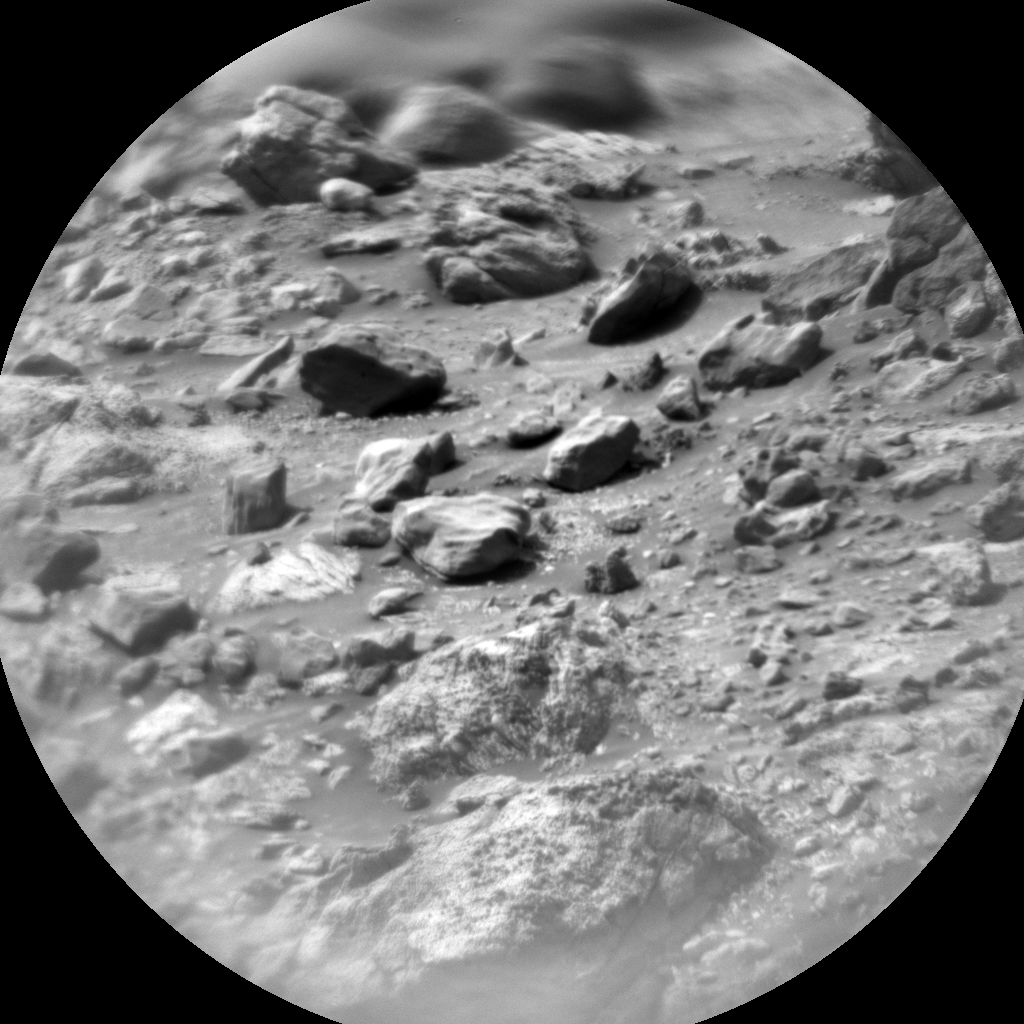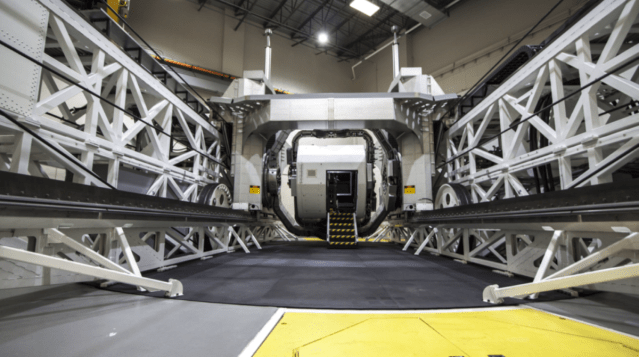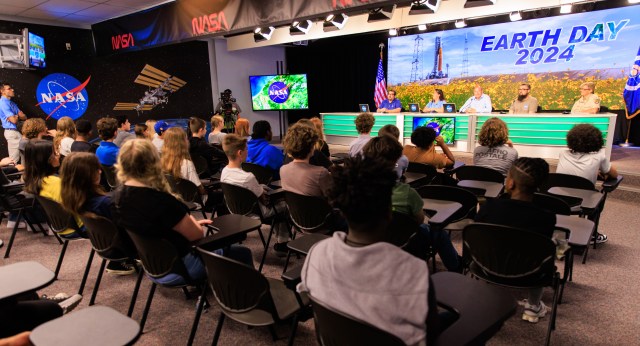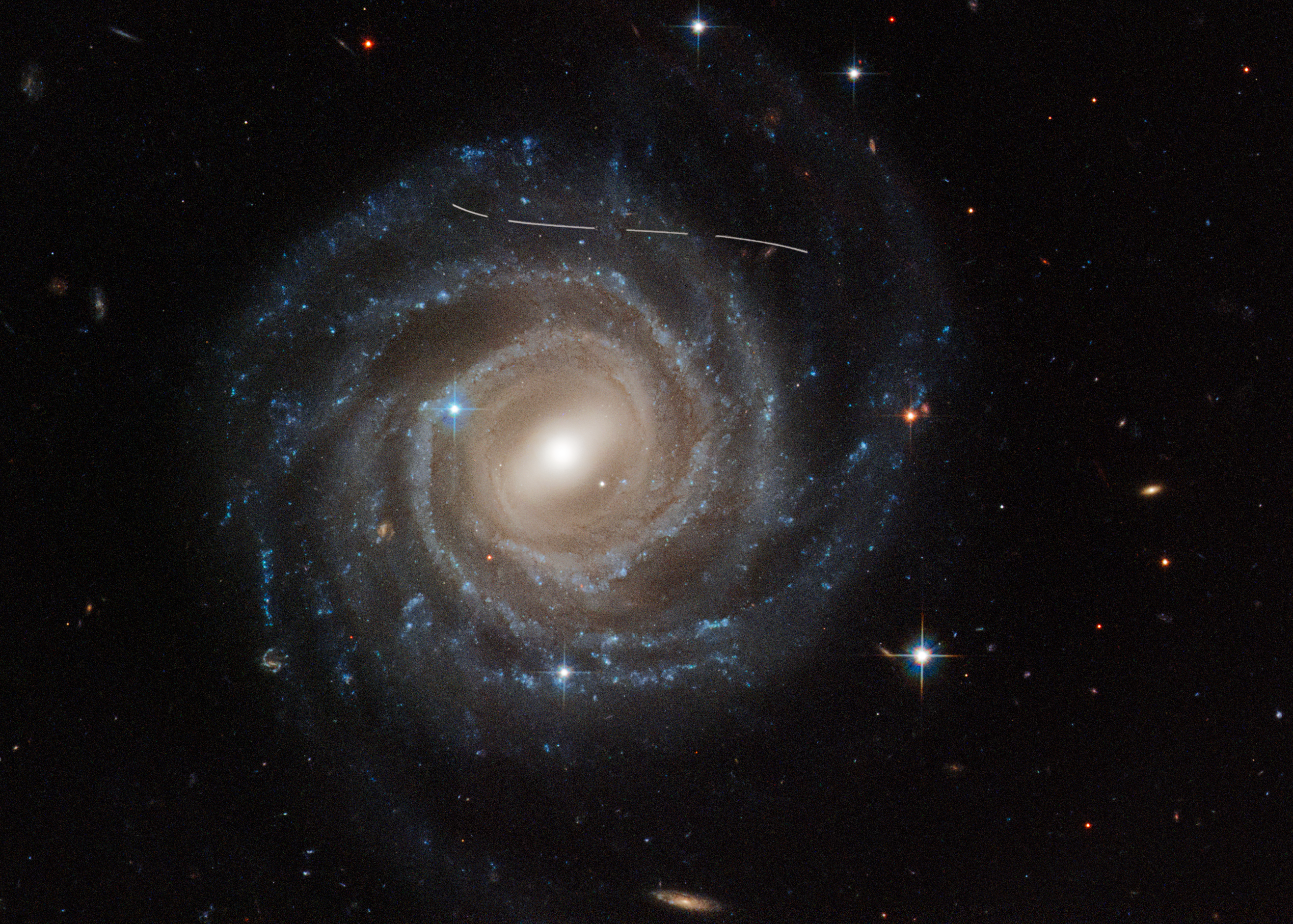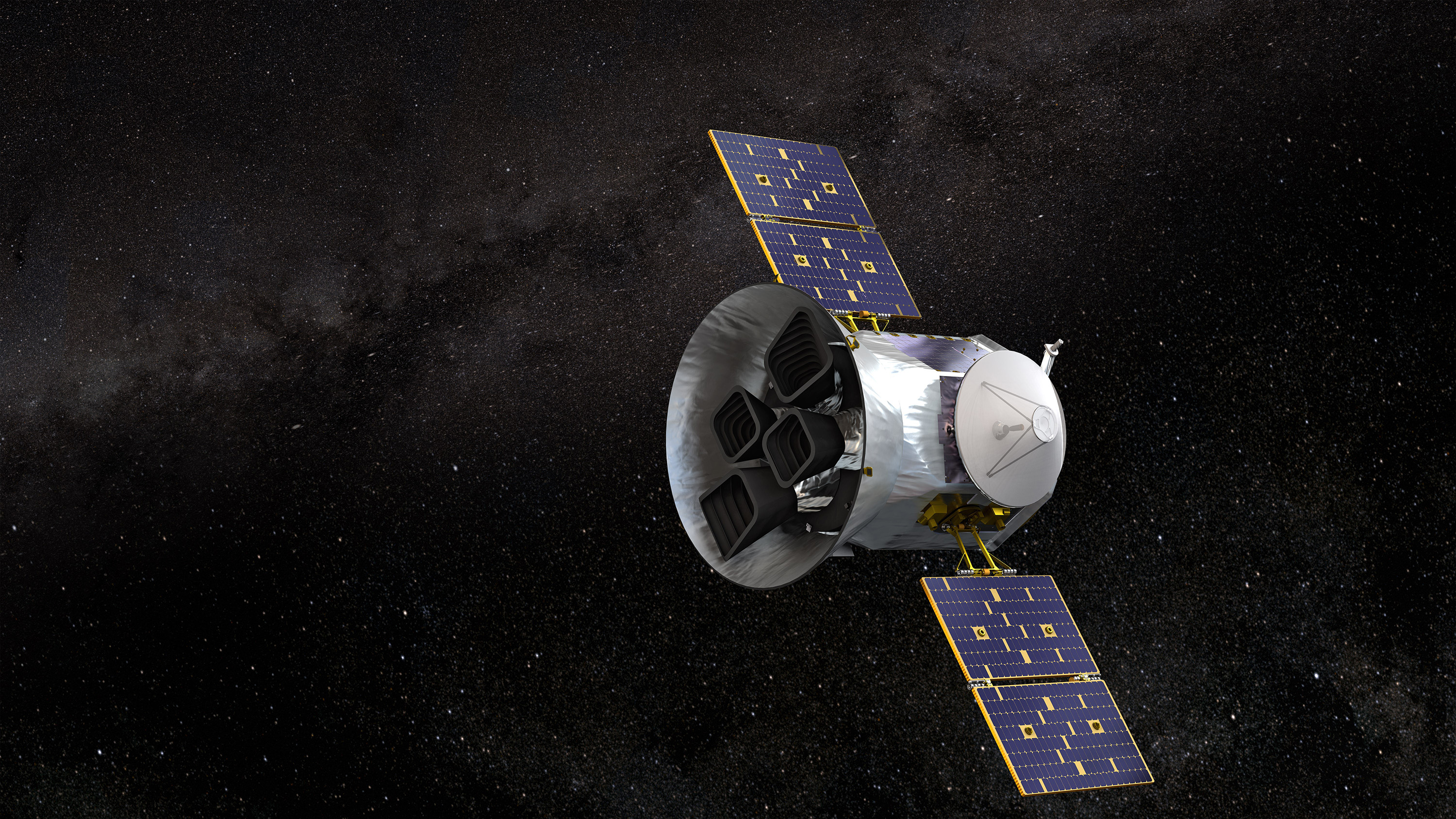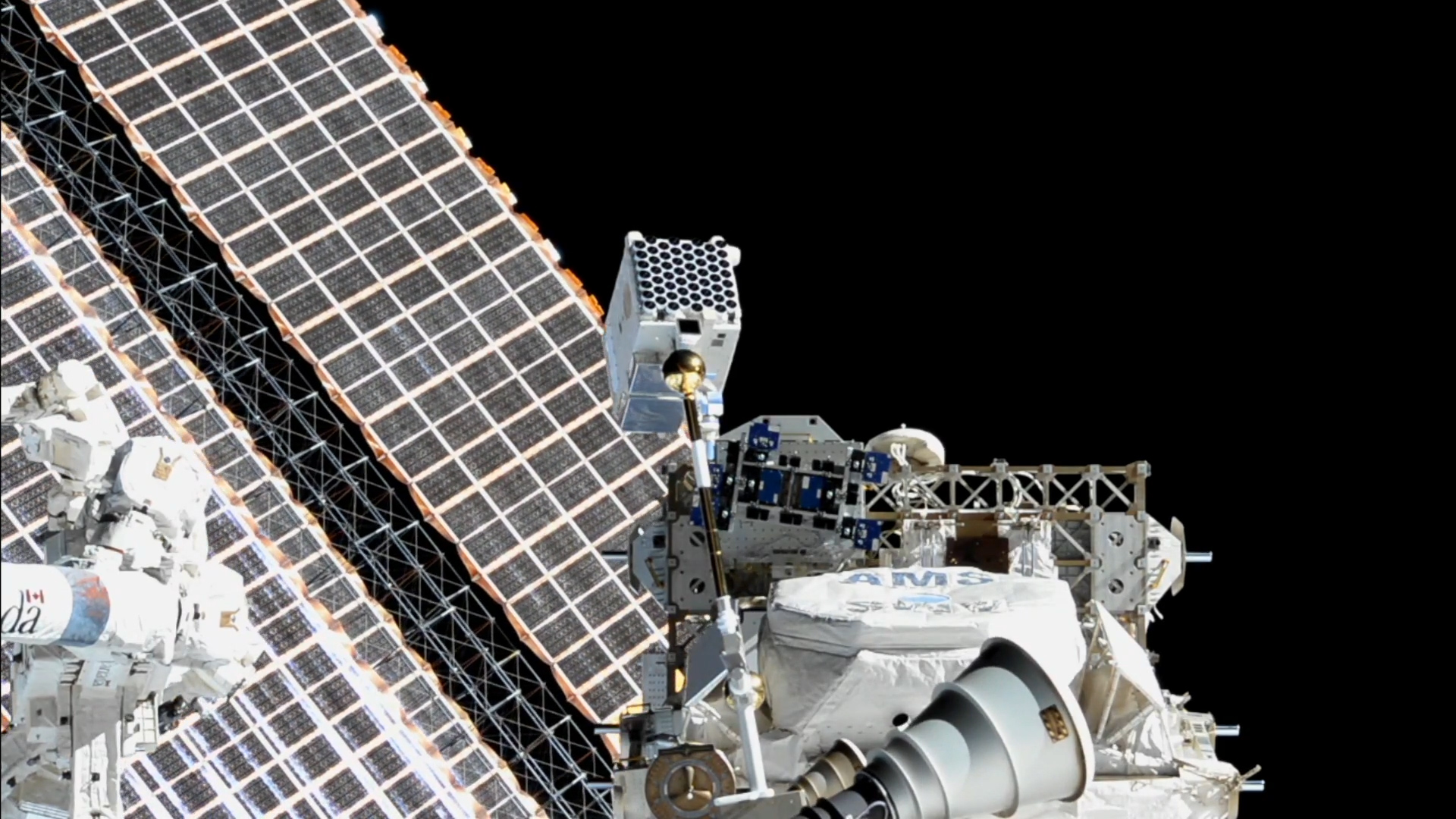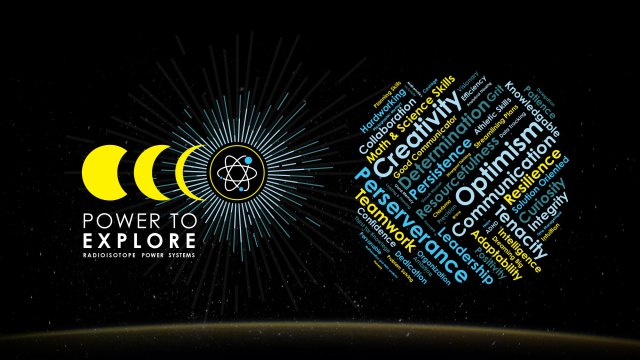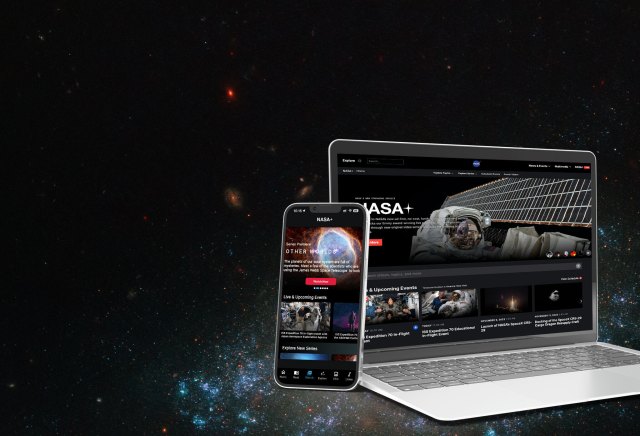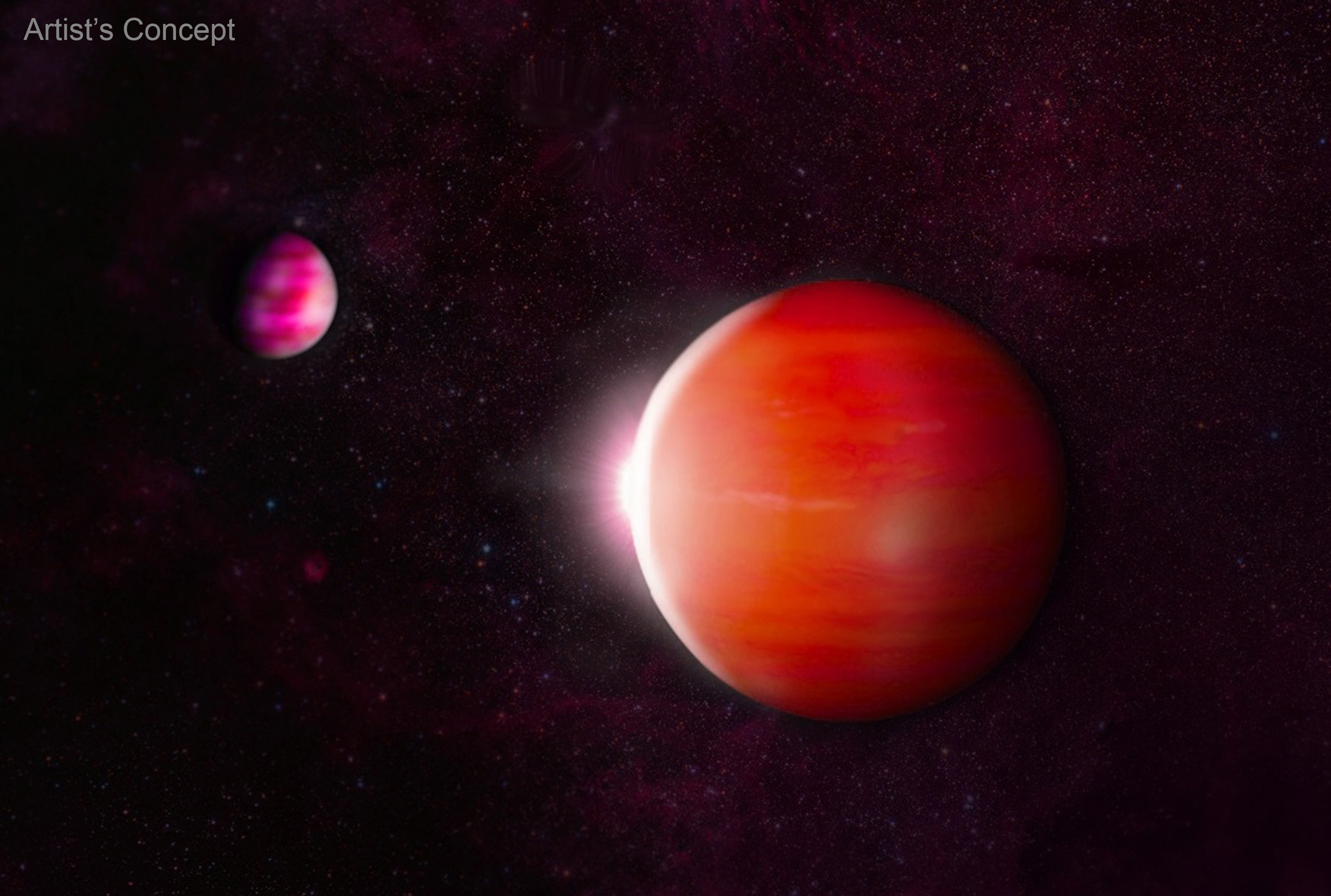The Biden-Harris Administration Thursday released the President’s Budget for Fiscal Year 2024, and it will allow NASA to continue exploring the secrets of the universe for the benefit of all through Artemis, the Mars Sample Return mission, and other efforts.
The Biden-Harris Administration Thursday released the President’s Budget for Fiscal Year 2024, and it will allow NASA to continue exploring the secrets of the universe for the benefit of all through Artemis, the Mars Sample Return mission, and other efforts.
“The budget details a blueprint to grow the economy from the bottom up and middle out,” said NASA Administrator Bill Nelson. “At NASA, we support good-paying American jobs, stir imaginations, and excite the world to gaze up at the heavens and reflect on our place in the universe.”
The budget allows NASA to monitor and protect the planet, advance sustainable aviation, better support orbital debris management, develop innovative new technologies, and inspire the Artemis Generation.
“President Biden’s budget will help us explore new cosmic shores, continue to make strides in traveling to and working in space and on the Moon, increase the speed and safety of air travel with cutting-edge technologies, and help protect our planet and improve lives here on Earth,” said Nelson.
The budget details a blueprint to strengthen the economy, including supporting NASA’s investments in public/private partnerships. At NASA, the budget will:
- Build on the successful Artemis I mission and pave the way for a long-term presence at the Moon. The budget’s $8.1 billion to enable unprecedented lunar exploration activities also will prepare for the next giant leap, sending astronauts to Mars, through NASA’s Moon to Mars exploration approach.
- Further new scientific discovery in our solar system and beyond. The budget provides $949 million for the U.S.-led Mars Sample Return mission, which will return rock and soil samples to Earth to expand our understanding of the solar system and pave the way for human exploration. The budget’s almost $2.5 billion for Earth Science includes the Earth System Observatory and will provide open access to actionable data and information on climate change and natural hazards for scientists, decision-makers, and the public.
- Support a future in low-Earth orbit. Regular crewed missions to the International Space Station will enable multiple commercial partners to build a robust space economy where NASA is one of many customers. The budget also invests $39 million to better understand the orbital debris environment and explore approaches to ensure safe access to space.
- Advance U.S. leadership in technology innovation in aviation and space. The budget invests more than $500 million in a suite of technologies that will help meet the administration’s goal of net-zero carbon emissions from the aviation sector no later than 2050. The budget’s $1.39 billion to support the research and development of new technologies will advance our space exploration capabilities and create jobs through the growth of commercial space companies that will both use and provide new technologies.
- Engage diverse learners in NASA’s mission to create our nation’s next generation of scientists, engineers, and explorers – the Artemis Generation. The budget’s $158 million for NASA’s Office of STEM Engagement will engage more students through enhanced partnerships and platforms. This includes expanding opportunities for students from underrepresented communities.
Building on the President’s strong record of fiscal responsibility, the budget more than fully pays for its investments by reducing deficits over the next decade.
For more information on NASA’s fiscal year 2024 discretionary request, visit:
-end-
Marc Etkind / Jackie McGuinness
Headquarters, Washington
202-358-1600 / 202-568-2330
marc.r.etkind@nasa.gov / jackie.mcguinness@nasa.gov






